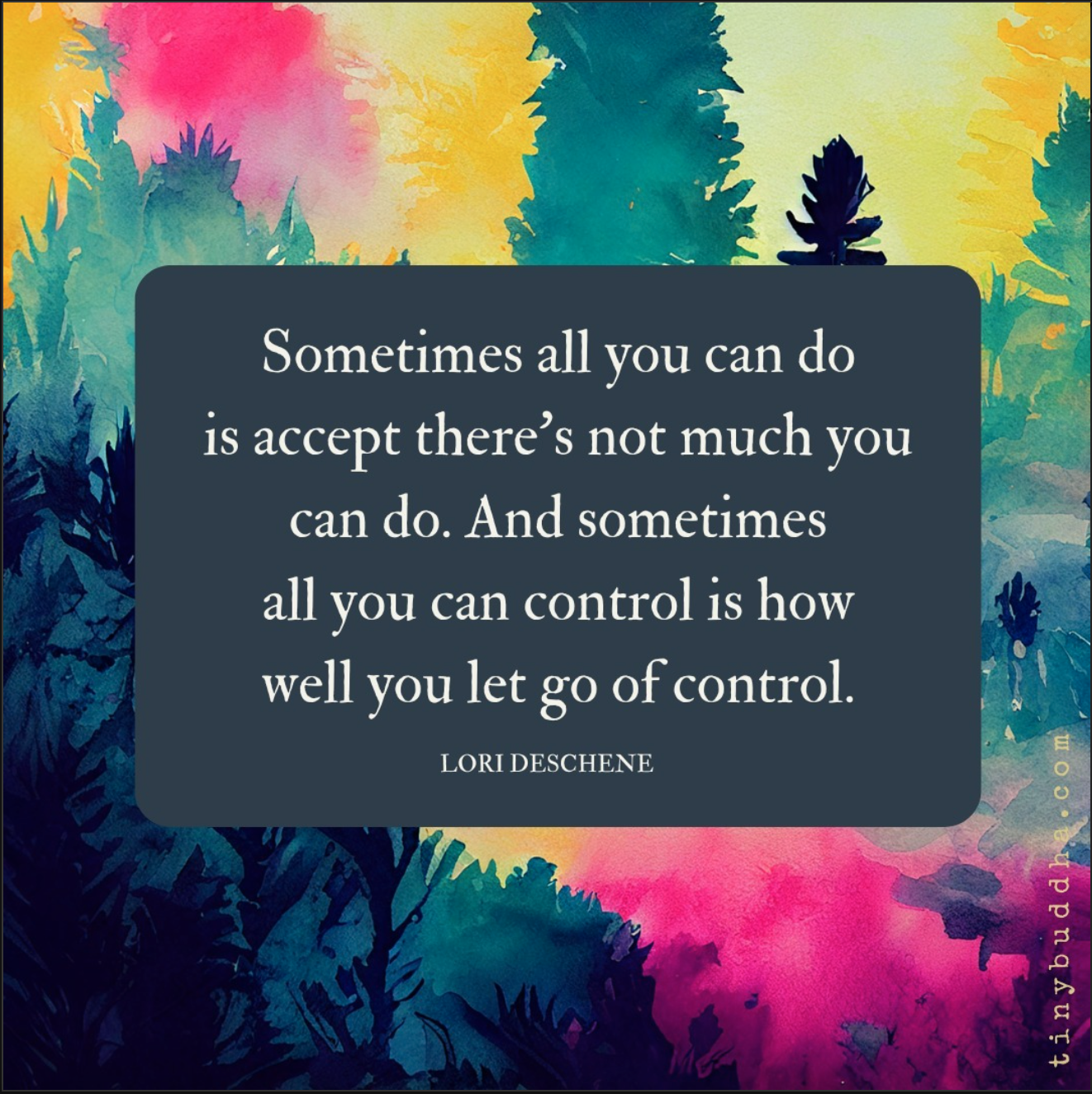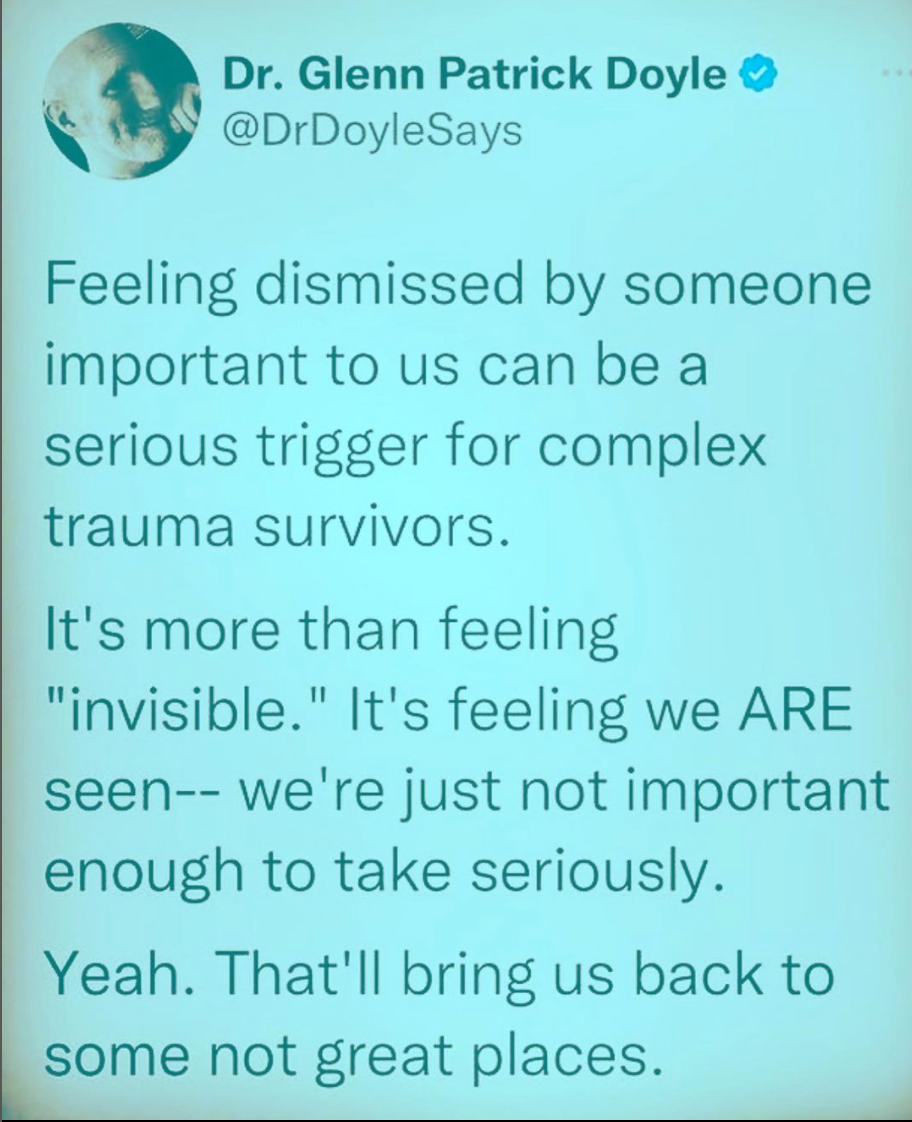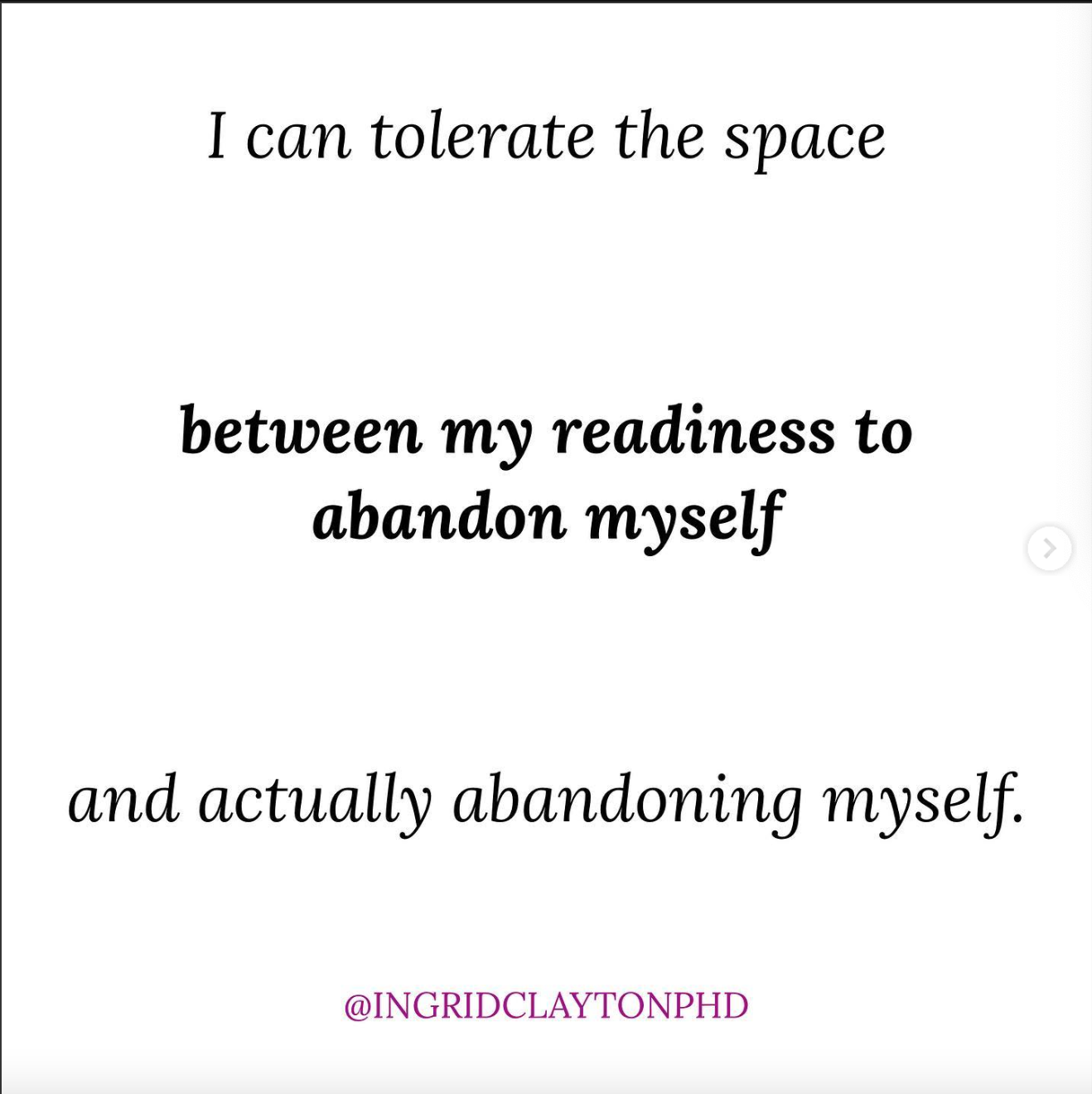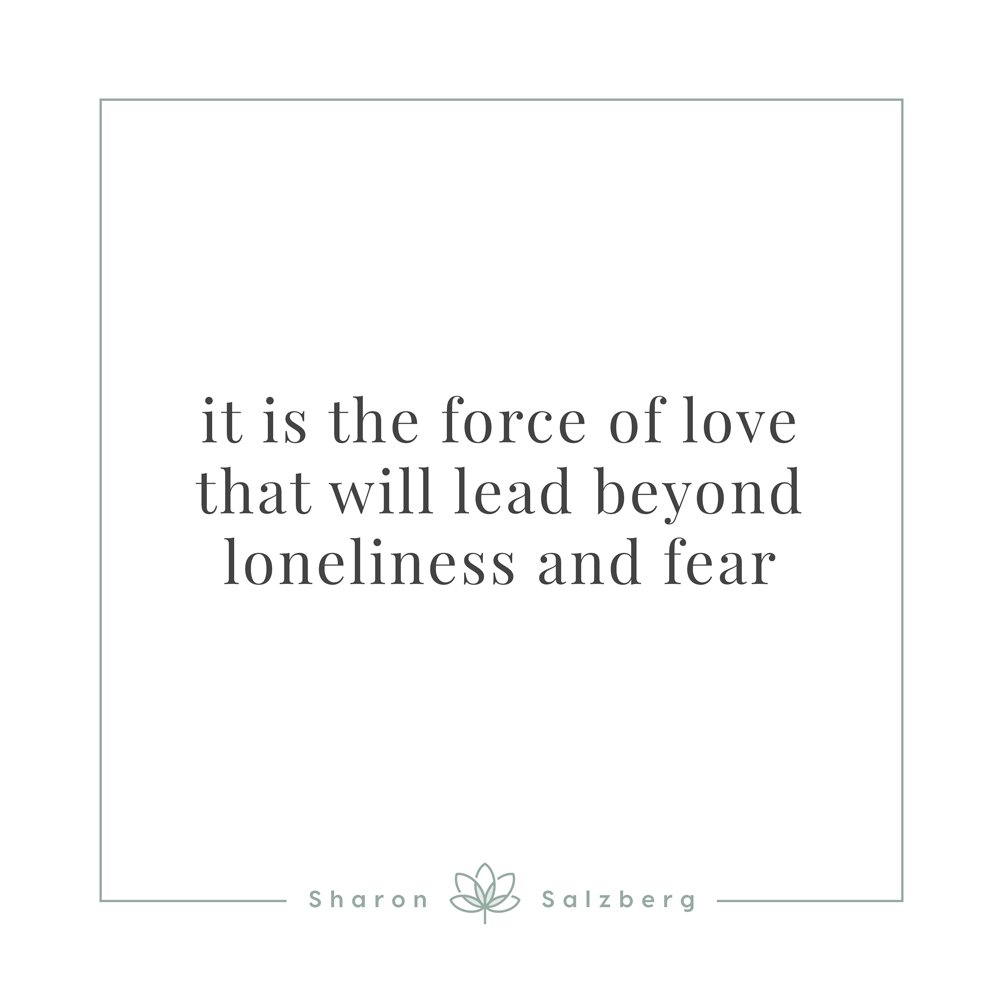Early in my divorce process, I vividly remember saying to myself, “I need to learn how to surrender.” During that time, I went to a massage therapist to address chronic hip pain. “I’m trying to surrender,” I told him. He laughed and reminded me with tender amusement that the energy of effort and surrender are in direct conflict. Most memorably, he told me my hip was experiencing collateral damage from all the constriction happening around my heart. He asked if he could hold my rib cage to help my upper body know it could stop using such intense bracing to protect me. I consented, and he gently and firmly placed his hands in the places he felt the most tension. And he breathed. Grief hit like a tidal wave and immediately, reactively, I suppressed a guttural sob before it could escape my lips.
My Writing Partners
Fast forward a year and a half. Amidst the ongoing pandemic malaise, I have been officially divorced for a year this month and very imperfectly juggling parenting my precocious seven year old, friendships, a full client caseload, business and home ownership, dating, and last—and yes least—self-care. Worn thin, recent heartbreak hurled me right over the edge of a cliff I didn’t know I was on. Despair emerged as a vise squeezing my heart to the point that I was confident it was going to implode. So I came downstairs from my bedroom on a recent morning holding my upper chest. My daughter looked up at me and asked, “Why is your hand on your heart? Did somebody hurt you? Is your heart actually hurting?” Nothing gets past these kiddos. I’m grateful I had enough internal resources on board that day to tell her that I was hurt and that she wasn’t responsible for that hurt, that my heavy heart didn’t mean hers had to be heavy, too, and that I had good friends and my own therapist to help my heart to heal. Before returning to drawing on a white board, she said matter of factly, “So it’s not about me.” The little girl inside of me exhaled.
Given the hard-won trust my therapist has established with me, I let her in on just how dark everything was feeling inside later that day in a telehealth session. We experimented with various practices, including reestablishing some boundaries with my arms to get space from the harsh, critical voices invading my mind. But that took a lot of effort, and I was tapped out. With the support of her patience and skill, I eventually broke through the shame to say aloud, “I just want to lie down and curl up in a ball.”
She encouraged me to do so and although the vulnerability of collapsing in her presence made me want to throw up, I did. I laid horizontal on the couch and wept as she let me know through gentle utterances that she was right there with me. And just like my daughter does when I’ve held her in my arms while she is upset, I wanted to sit up and be facing my therapist again after a couple of minutes. Before we signed off, she encouraged me to allow myself to lie down when possible—to self-soothe with a cozy blanket and hot water bottle as I did so and to imagine her holding me through it. She said to me, “You are so loved,” and I could take in a few drops of her offering.
I have processed ad nauseum an experience of being threatened with violence while I was in bed, on my back, as a young child. I am grateful to the multiple healers who have taught me that we return to these traumatic memories because, like a movie, they have different frames, each of which often needs to be reprocessed differently for us to heal.
The moment when an arm menacingly held a belt over me, for example, I needed to reinstate an active defense to get the threat away from me. The triumph I felt when, as an adult, I used the strength of my legs to complete the fight response by intentionally and mindfully pushing them against a wall in the presence of a therapist is still palpable. But there was also the aftermath of the physical threat for that young child who felt terrified, overwhelmed, and alone in her dark bedroom after the danger had exited. This present-day moment with my therapist of surrendering to the enormous grief I felt in the presence of another didn’t exactly feel like a triumph but there was peace. And safety. And care.
As someone who knows the ins and outs of betrayal like the back of my hand, I am grateful to have found resources that explain how betrayal by a loved one is experienced as a trauma. Debi Silber, who coined the term post-betrayal syndrome, says this,
Because [betrayal] feels so intentional, we take it so personally. The entire self needs to be rebuilt. Rejection, abandonment, confidence, worthiness, belonging, trust—they’re shattered.
Her work has helped me to normalize the multiple impacts of betrayal, especially when first experienced as a child. She also emphasizes that in addition to us rebuilding trust internally, human “bricklayers” can slowly and carefully help us to rebuild interpersonal trust by respecting and valuing us.
Kalen Dion writes, “The truth will set you free…but first it’s going to fuck you up.” Recently, my therapist suggested that I was bullied as a child and also have been bullied as an adult. Wow, did this shake up my sense of identity. I clearly have internalized the message from others—usually the ones who have behaved harmfully without owning that behavior—that I am fierce, intimidating, and hard. I definitely relate to Brene Brown’s statement, “When I am scared, I get scary.” But when I slow down enough to back up and look at the scenes of my life with more curiosity and less fear, my armor has rarely showed up as cruel and vindictive. Dysregulated, yes. Angry as hell at the abundant injustices in the world and the dehumanizing acts by which I have directly and indirectly been impacted, for sure. But the raging teen inside me is always standing in front of that terrified young child, trying to protect her from more injury. My fear of becoming that violent figure with the belt has blocked me from seeing what is truer: I have spent my life obsessively looking outward, trying to understand aggression so I don’t become it. In so doing, I have missed how often my body, mind, and heart are assuming the position of that bullied child—shoulders hunched forward, my torso braced for impact, my voice sewn shut, the shame stories loud in my head, and my core collapsed.
Another fuck-you-up truth is that no longer shrinking myself into other people’s experiences is extremely taxing when my body has perceived threat around every bend. Given my propensity to erase my needs and leave my body to get to safety, I often do not realize just how much I have overridden my nervous system until well after the fact. For example, when I have stood up to someone, whether that person can significantly and negatively impact my well-being because of their closeness or because they are a stranger, I feel a whoosh of panic in my body as soon as the words leave my lips. My mind then starts churning about both how skillfully I used my voice and what horrible thing is going to happen next.
I am grateful to Tracee Ellis Ross for vulnerably sharing the following about her own “risk hangover,”
[My mind] gets dangerous when I get connected to the really bad horror story that I have been stitching together since I was young. And somehow if I fall back into that groove, it is so dangerous up there. And then everything’s colored by the wrong information…I don’t get scared of stuff until after. I’m a girl that jumps off a cliff. Right? I’m like, “Oh my God, let’s do it. This is the scariest thing in the world. I’m going to do it”…And then I go and I jump off the cliff and up there and I’m like, “I’m flying, I’m flying off the cliff. I’m fine. It’s so good. It’s everything I wanted it to be. This is the best cliff I’ve ever been off. Oh. Oh my God. Oh my God. Oh my God.” And then I land and then I’m like, “What the fuck did I just do? Who would do that? Why would you do that?..Oh my God, you’re so dumb. This is actually evidence. Put that in the fire of unlovability. That is going to roar. We’re going to make sure that we go back through every single thing that you did with a fine tooth comb and we’re going to prove to you that you are exactly the most unlovable, stupid, humiliating person in the world. How could you ever? You are filled with shame, you are riddled with it.” And then that’s what happens on the next day. It’s out of control…when left unchecked, without compassion and tenderness and kindness, and when I’m alone with it…One of the things I learned from Pema Chodron…was if I can’t take the information in, there’s times when it’s not the time for me to look back. And I can wait until I can actually look back constructively, and not in a way that’s going to create another wound…And I’m learning as I’ve gotten older to be deliberate about my aftercare…And one of the things I do with my therapist is before something, we now ask the question, “How do you want to feel after?” And what do I need to put in place to support myself in the after? And I’m such an independent person. One of the things I really am not good at is I think I’m good and I need to better plan being not alone. Because I’m always, I like to go places alone, but I need the partnership in it.
Gentleness, grace, generosity AND partnership. Offerings these “G’s” to myself in the presence of others can feel so unfamiliar and thus scary after a lifetime of pushing myself to get where I want to go without vulnerably letting others in on the plan. To understand, with compassion, tenderness, and kindness, that all these self-preservation strategies did indeed keep me alive AND no longer are serving takes some serious courage and spiritual resolve. I also am softening to the urgency I feel to heal both that wounded child and raging teen. After all, my daughter is soaking up so much of what I do and don’t do, and I want to show her what embodying gentle power looks and feels like RIGHT NOW. The truth, however, is that more pressure on an already frazzled system is also a form of violence. As Amanda Doyle beautifully articulated when summarizing Jennifer Freyd’s research, “…you come out of betrayal blindness when you’re able to handle the information, when you have built the internal resources to be able to look at it squarely and survive it.” Luckily the tender loving care available within and outside of us, if we are willing to keep our hearts open and gradually let in the bricklayers, makes this wild ride worth the ticket.









